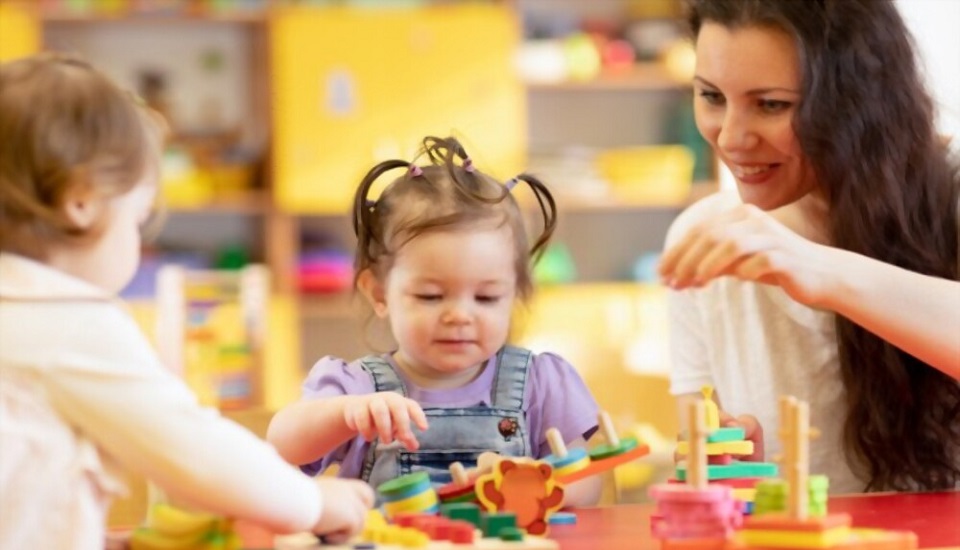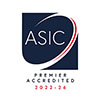Teaching Life Skills With Montessori Practical Life Curriculum
10th November 2021

“Education is a natural process carried out by the child and is not acquired by listening to words but by experiences in the environment.” – Maria Montessori
Montessorian methodology of teaching has been an exemplary representation of how children are meant to learn organically. Overall, Montessori Curriculum focuses on five key areas of study namely - Practical Life, Sensorial, Language, Mathematics, and Cultural Studies. Each of these areas of study is prepared with a set of educational materials.
In the framework of the Montessori curriculum, children progress at their own pace, and teachers work as a facilitator to assist learners in their stages of development. These Practical life activities are can be applied for children of all ages, and at each stage of development. For starters, the activities can be simple as washing hands or pulling pants up and can get as complex as baking a dessert.
The Montessori practical life lessons are well-designed activities to help support early skill-building within young learners to encourage self-sufficiency and independence. Every life activity is as essential as learning maths or language. The Montessori curriculum has integrated those practical life skills and categorized into:

These sets of four areas have been conceptualized as the primary theme of independence. Typical practical life activities for instance transferring, food preparation and cleaning are put to use. The aim is to help children adapt to his/her society, gain control in their body coordination and movement.
It allows the child to be more in sync with their environment and lean towards self-awareness where they can develop a healthier approach to life through how they interact with others and how they manage their own behavior. Alongside independence, these tasks also help to promote concentration and fine motor skills.
How Life Skills Are Integrated Through Montessori Practical Life Curriculum?
From the beginning years of Early Childhood, learners interact with real-life materials in thoughtful and practical ways. This lays the foundation for the basic cognitive, functional and developmental skills. children explore the basic materials from their environment, with this they develop necessary basic life skill, forms more concrete ideas on the surrounding environment, and move towards more complex work as they grow.
In the initial days, children learn to move safely within their environment, interact with basic materials, and also explore relationships between physical objects. The way Montessori teacher includes this material is just by including the everyday life material that is used in the household, this ensures learners develop a fair understanding of the practical usage and different materials that are normally used. Additionally, children are being taught about self-care food and nutrition, and also about how to interact with others. From basic essentials such as how to wash hands to learning how to control their movement like walking in line.
And because these practical lives are meant to create a parallel experience of everyday activities, it is essential to keep the materials and objects familiar, real and functional. Another essential consideration is to ensure the cultural background from where children belong.
Final Words
One of the major purposes of the Montessori Method is to leverage on child's motivation to learn, and this can be only possible when children are given flexibility, the option to choose, and by embracing real-world experience that they can relate to. Practical life curriculum in Montessori approach provides that scope on that exposer to everyday practices and routines.
These activities also aim to develop motor skills and coordination, independence, concentration, and a sense of responsibility with the minds of young learners. Which are groundbreaking learning structures for children of such age groups.
To integrate such a learning environment Montessori Teacher Training Courses can help educators with the necessary skills to combine specific lessons and real-life experiences.
Written By : Debalina Chakraborty












